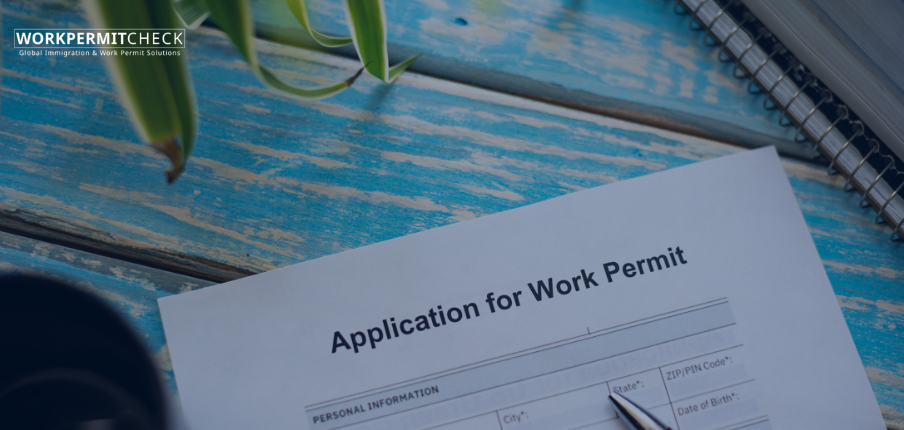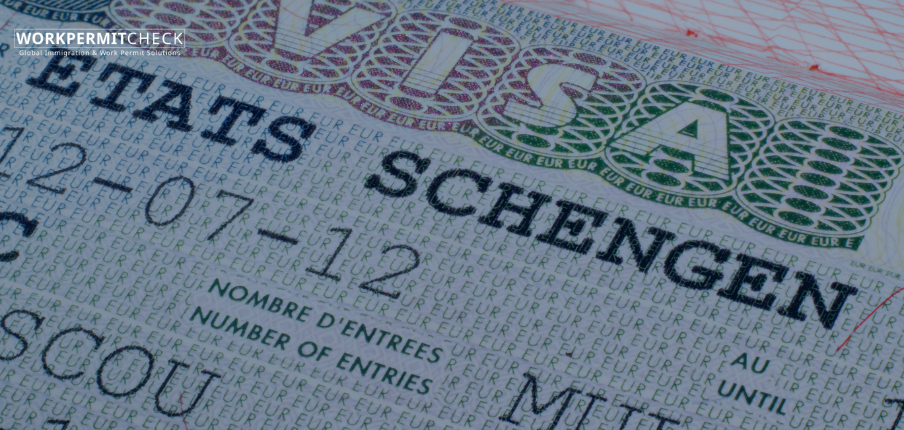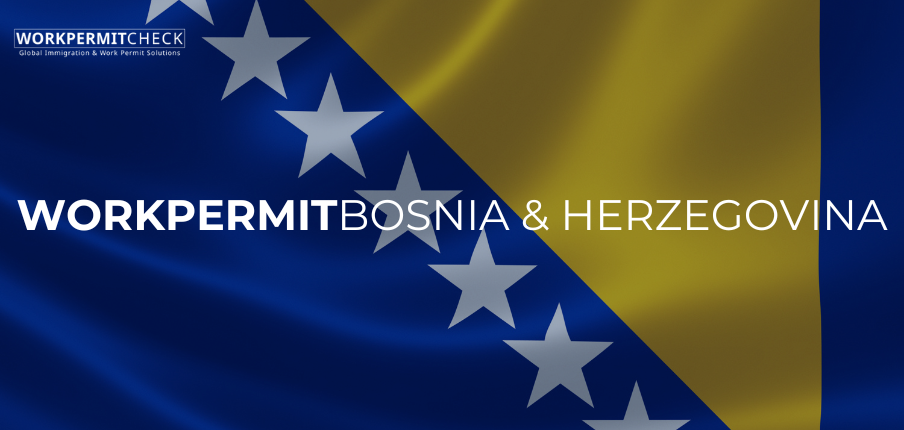Getting a U.S. work permit—officially called an Employment Authorization Document (EAD)—is an important step for many immigrants seeking legal employment in the United States. But can this work permit be denied or even revoked after it’s been issued?
The short answer is yes.
Whether you're applying for the first time, renewing, or currently holding a valid EAD, it’s essential to understand the conditions that can lead to denial or revocation. Here’s what you need to know about U.S. work permits, the risks involved, and how to avoid common issues.
What Is a U.S. Work Permit (EAD)?
A U.S. work permit, or Employment Authorization Document (Form I-765), is issued by U.S. Citizenship and Immigration Services (USCIS). It allows eligible non-citizens to work legally in the United States for a set period of time.
Work permits are typically issued to individuals with pending immigration benefits, including:
-
Green card (adjustment of status) applicants
-
Asylum seekers
-
DACA recipients
-
Temporary Protected Status (TPS) holders
-
Spouses or dependents of certain visa holders (e.g., H-1B, L-1)
Can a U.S. Work Permit Be Denied?
Yes, USCIS may deny a work permit application for various reasons, such as:
-
Ineligibility: You don’t meet the criteria for the EAD category you're applying under
-
Incomplete or incorrect application: Missing forms, required documents, or fees
-
False or misleading information: Submitting fraudulent or inaccurate data
-
Primary immigration status denied: If your green card or asylum case is denied
-
Criminal record: Certain offenses may disqualify you from receiving work authorization
In case of denial, you’ll typically receive a written notice explaining why your application was not approved.
Can a U.S. Work Permit Be Revoked?
Yes, an approved EAD can be revoked. USCIS may cancel a work permit under the following conditions:
-
Your immigration status changes or ends (e.g., asylum denial, DACA termination)
-
USCIS discovers fraud, misrepresentation, or false documentation
-
You are convicted of certain crimes after receiving your EAD
-
The permit was mistakenly issued in violation of USCIS policy
In many cases, USCIS will issue a Notice of Intent to Revoke (NOIR) before formally canceling your work authorization.
What Happens If Your Work Permit Is Denied or Revoked?
-
You must stop working immediately once your EAD is no longer valid
-
Your employer is legally required to terminate your employment
-
You may lose eligibility for certain public services or benefits
-
You might face removal (deportation) if you have no valid immigration status
-
You can reapply if the reason for denial or revocation can be addressed
How to Avoid Denial or Revocation
-
Submit a complete, truthful application with all required documentation
-
Renew your EAD on time—typically 180 days before it expires
-
Keep your underlying immigration status valid at all times
-
Avoid criminal activity that could affect your eligibility
-
Seek legal advice from a qualified immigration attorney when necessary
FAQs
Can I work while waiting for my work permit renewal?
Yes, if you filed your renewal application on time and qualify for an automatic extension, you can work legally for up to 180 days after the current EAD expires.
Can my employer find out if my EAD is revoked?
Yes. Employers are required to verify employment eligibility. Once an EAD becomes invalid, they must end your employment.
Can I appeal a denied EAD application?
Usually, you cannot appeal a denied EAD. However, you may be able to file a motion to reopen or reconsider in certain cases.
Can I reapply if my work permit is denied?
Yes, if your circumstances change or you correct the original problem, you may file a new application.
Does a work permit mean I can stay in the U.S. permanently?
No. An EAD grants temporary permission to work. It does not provide lawful permanent residence or citizenship.
Sources
Disclaimer
This article is for informational purposes only and does not constitute legal advice. Immigration rules and policies are subject to change. Always consult with the U.S. Citizenship and Immigration Services or a licensed immigration attorney for accurate and personalized guidance.
August 2, 2025













































































































































































































































































































